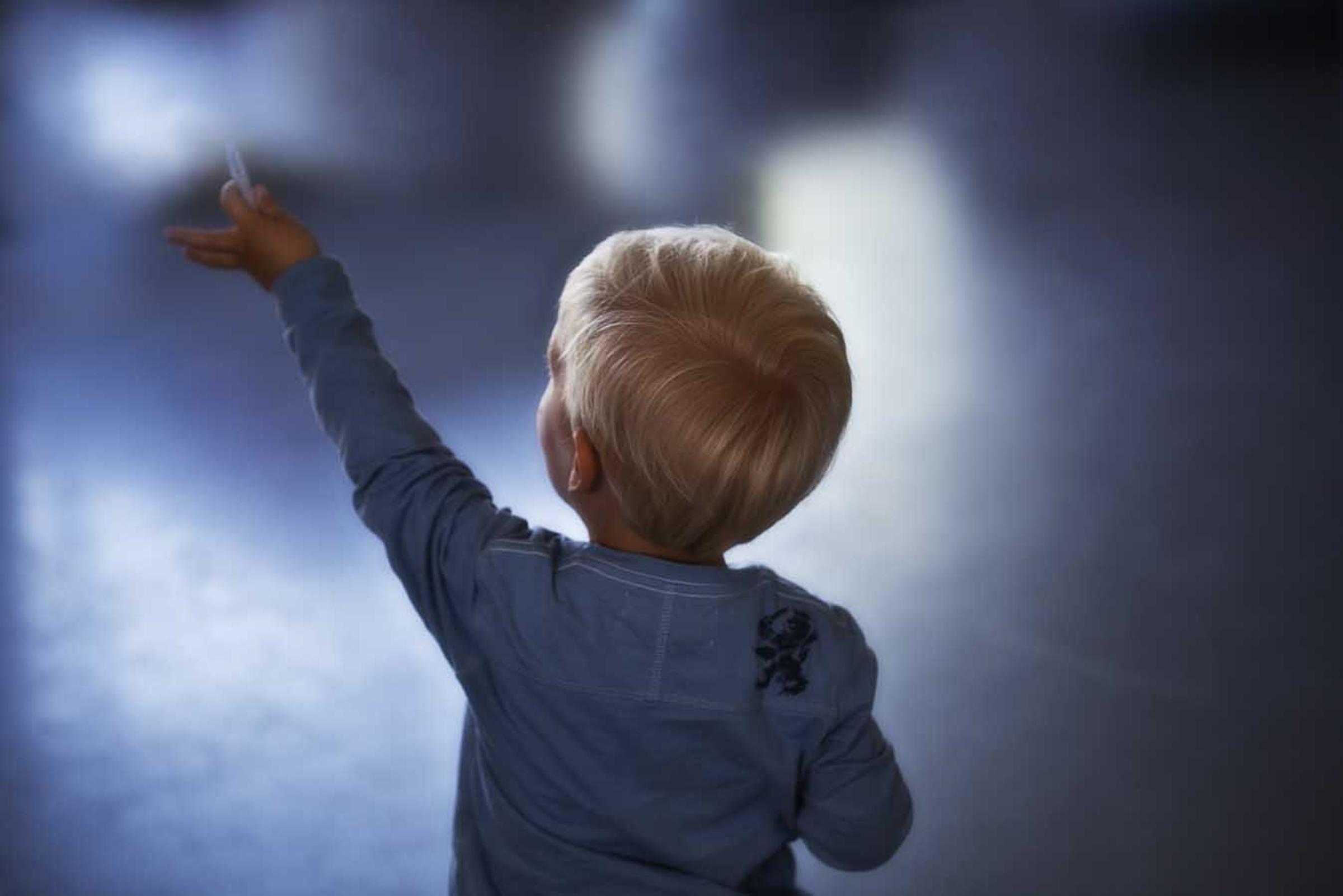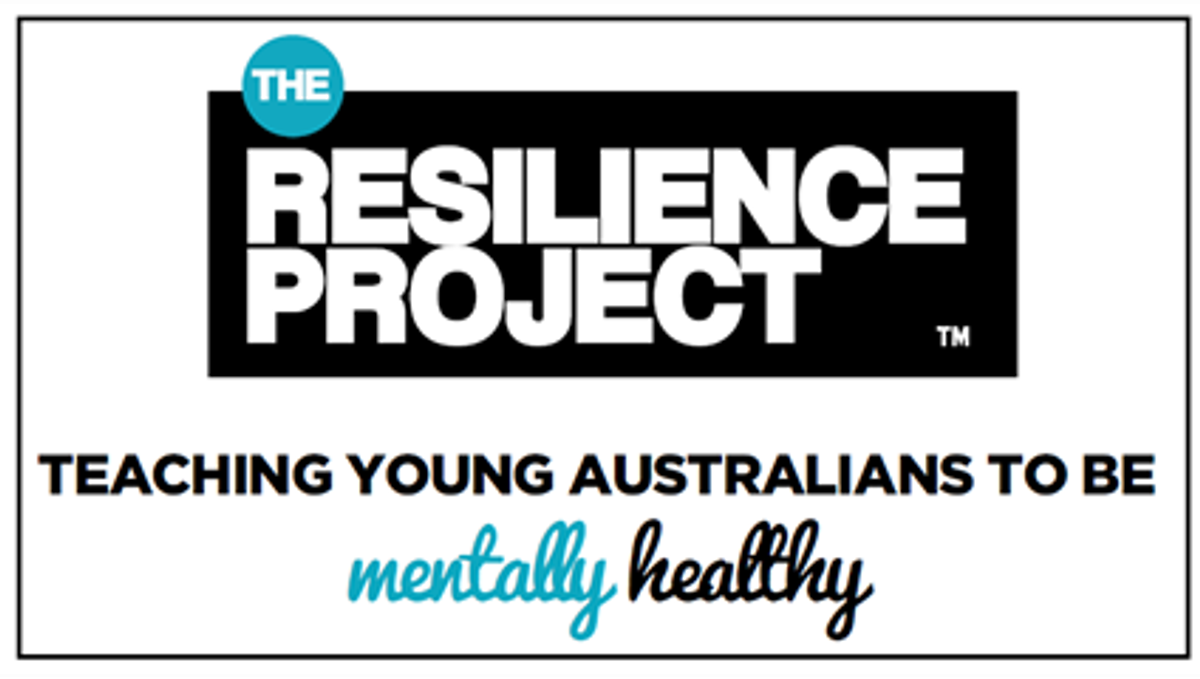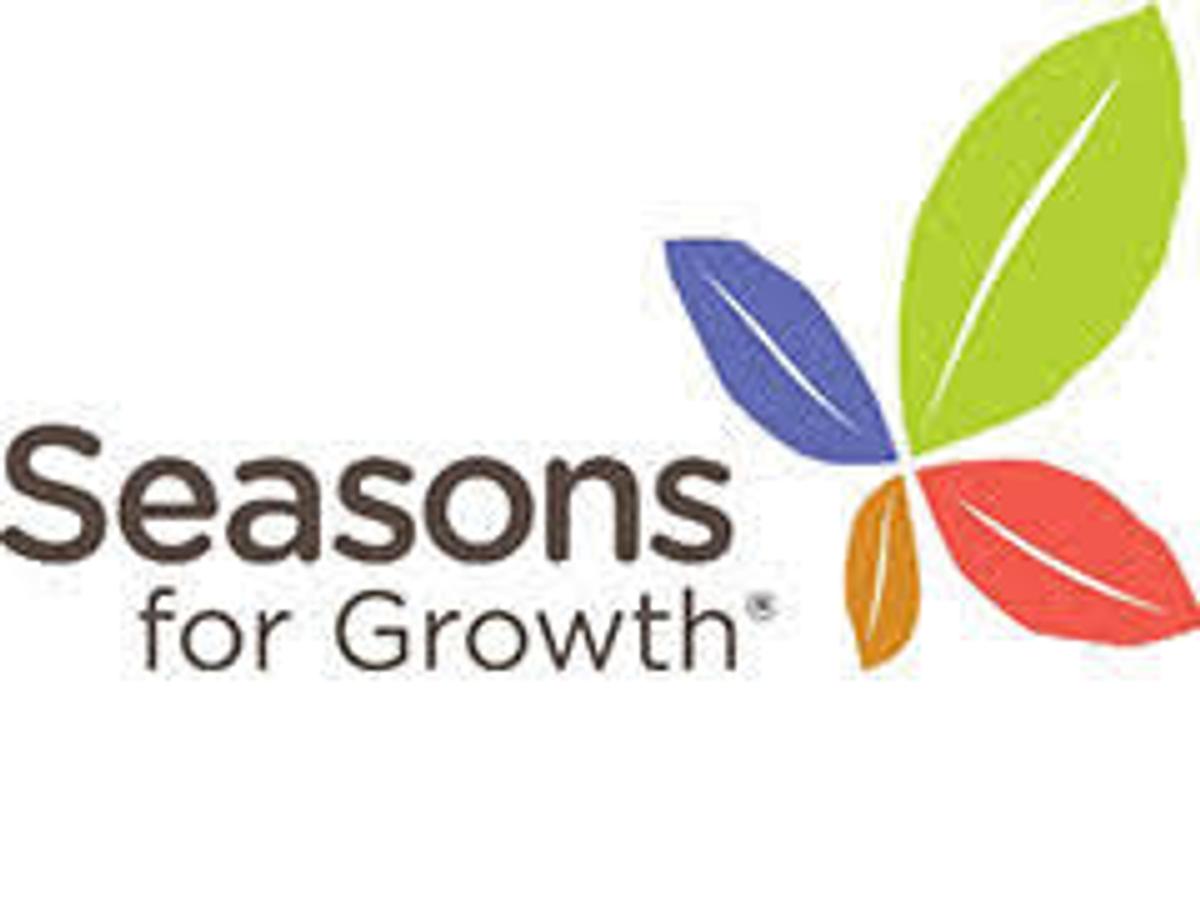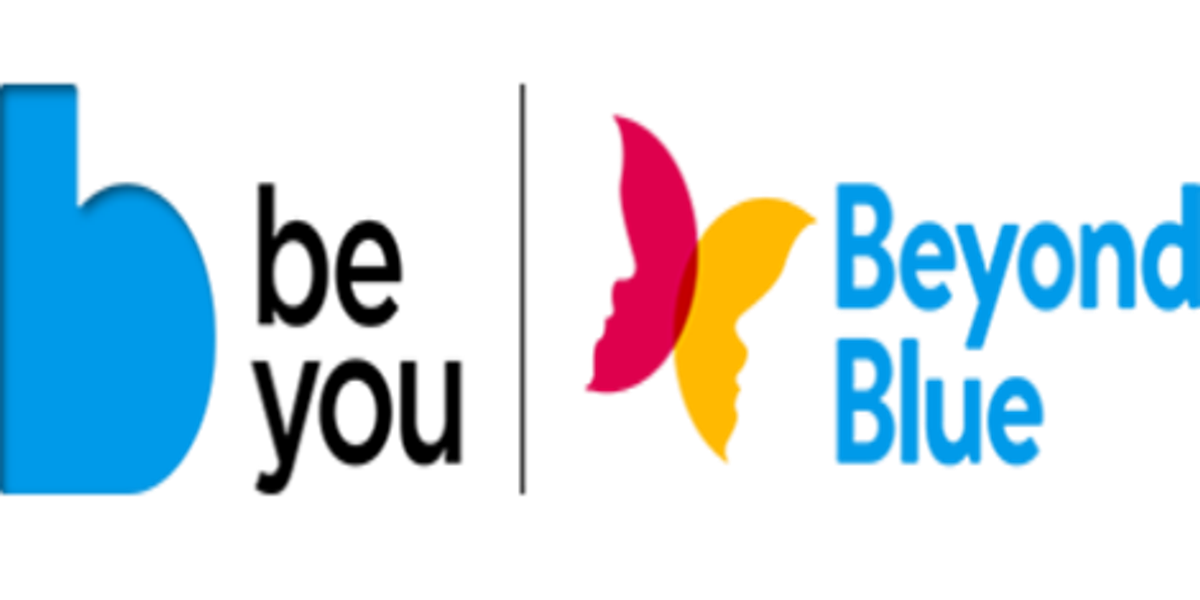Wellbeing

The Resilience Project
We are happy to partner again with the Resilience Project (RP) in 2021. There will be an online parent workshop later in the year, a teacher workshop and the senior students will participate in an online survey so that we can collect some data around three areas, connect, protect and respect. It gives us a sense of how connected the children feel to their peers and others, their social skills, their understanding of themselves, their safety, level of engagement and their self-esteem. This will give us some data so that we can compare at the end of the year to see how teaching the RP program is helping the children to build their resilience. RP focuses on the key themes of Gratitude, Empathy, Mindfulness and Emotional literacy. In term 1 our focus is on Gratitude.
Social skill’s groups
I work with the children in the learning spaces during the morning on developing their social skills. This might be on skills such as making friends or how to approach a child to join in and play, what makes a good friend, building confidence and how to play games fairly. If you think that your child would benefit from being a part of a group, don’t hesitate to contact me. rlenko@sfslynbrook.catholic.edu.au.
Seasons for growth
Seasons for growth is a week program that runs at school to assist children who may have had an experience of change or loss, which they have found challenging. This can be the death of a loved one or pet, separation or divorce or moving house or schools. It can be any experience of loss or change. I am a trained Seasons for Growth companion and work through the program with the children. They students use a journal where they record their thoughts and ideas which they keep. The program runs over 8 weeks, with one 40 minutes session once a week. If you think that your child would benefit from this program or you would like some more information about the program, please contact me at the school.
BeYou is a resource for educators that promotes and values the mental health of all members of the school community, students, parents and teacher.
At SFS, we are a BeYou school. This week’s fact sheet from the BeYou website is about stress, what it is and what causes it. It is a timely reminder for us all, as the beginning of a school year can be a stressful time for children, parents and teachers, as well as the stress and challenges of our recent lockdown event.
Stress management
Stress is a normal reaction to life’s changes and challenges. It can motivate us to get things done and to feel better about trying new thing.
What causes stress? People experience stress for many reasons One of the most common reasons is sudden or unexpected change, but even positive changes can be stressful. Expected changes – such as a child or young person starting at an early learning service or school, or changing between schools – can be also stressful. Stress can be a response to a single event or might be prolonged, cumulative stress. Overwhelming stress impacts our physical and mental health, relationships, learning and development, and capacity to fulfil our roles (for example, parenting, working or studying). Changes can happen in many aspects of a person’s life at the same time, including shifts in their: • physical environment (such as moving house or starting a new job) • social environment (starting at a new school, feeling isolated after moving somewhere new, feeling they can’t control or influence their environment) economic circumstances (such as an unexpected financial loss, large expense or job loss). It’s important to remember that stress is not anxiety – an anxiety condition is when someone: • has anxious feelings which are consistently very intense • have feelings that persist well after the stressful event has passed • are so distressed that it interferes with their capacity to learn, socialise and do everyday things. Everyday stress and coping skills Children and young people develop coping skills through exposure to manageable amounts of stress. Overcoming small stresses helps them with all the challenges they’ll meet. Some everyday stresses for children and young people include: • morning routines and getting ready for their early learning service or school • feeling uncertain about others’ expectations • friendship or relationship difficulties • bullying • worries about fitting in or being different • managing school work, especially around exam time For more information visit beyou.edu.au • juggling after-school employment with study • feeling over-scheduled with multiple tasks or commitments • feeling time-pressured • experiencing physiological changes in their bodies • tension within families (such as changes in family relationships or make-up, family illness or financial problems) • interaction with social media.
Rachel Lenko
Student Wellbeing Leader
rlenko@sfslynbrook.catholic.edu.au
Rachel Lenko
Student Wellbeing Leader



